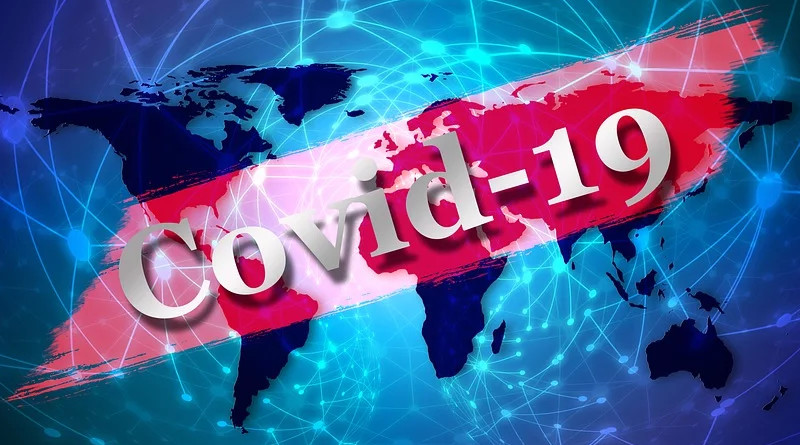The COVID-19 Pandemic: A Case Of Varying Fortunes – OpEd
The entire world is engulfed in the fight against COVID-19 and economic stability is taking a center stage in deciding the future. With no viable cure available for the pandemic, countries around the globe were left with no choice but to impose lockdowns and social distancing measures. While some have opted for a complete lockdown, others have/had decided to go for a partial lockdown.
Countries such as China, the USA, and Italy chose social distancing and forced isolation simply because they could sustain and help their citizen in such an extraordinary situation. Equally threatened by the health care consequences, the lesser privileged economies had to follow suit and impose lockdowns and social distancing without taking into consideration their potential to sustain. Now, if the situation doesn’t improve in the coming months, the economically weaker countries will be under severe pressure to contain the pandemic as well as avoid economic disaster.
Amidst the pandemic, businesses like Amazon are making incremental billions of dollars due to increased sales. Similarly, Zoom (a video conferencing software) is capturing the world market and becoming an essential tool to help and continue the daily workflows with minimal disruption. But, in developing countries the prime barrier for such activities is internet connectivity and its access by the greater segment of the society.
Even the Higher Education Institutions (HEIs) in these countries which are normally expected to play a revolutionary role in such conditions are only emphasizing to assess the feasibility of starting online education. So, what one could expect from other sectors of the economy to successfully continue with their activities during the lockdowns.
Correspondingly, do we have any example from the poorer countries where any of the firms or businesses can compete with the multinational companies owned by the richest countries? Besides, some of the top business tycoons in the developed countries are getting a chance to improve their rank in the list of the world’s richest people during COVID-19. But, the political leaders in the developing countries are feeling happy to be included in the list of 25 countries eligible for getting debt relief from IMF enabling them to free up funds for fighting the coronavirus pandemic.
Exploiting various opportunities during the pandemic, the developed countries are likely to make some more profit in the days to come. They are struggling hard to develop a vaccine and whoever wins the race to come up with an effective coronavirus vaccine will lead the global market for earning some massive returns.
Microsoft founder Bill Gates seems to be worried as he foresees that the least developed countries in Africa, Latin America, and Asia would be the last to receive the vaccine if the deciding factor for getting the vaccine is only its purchasing power. So, the poorest countries appear to be at the mercy of world rulers and their sufferings would remain the most as a result of this pandemic.
Under these clouds of uncertainty, the majority of the poor people (a greater portion being the daily wagers) are more concerned about having a job and the availability of food for their families and are least concerned about their health and safety. In this regard, a “Smart Lockdown” plan recently acknowledged by Pakistan’s Prime Minister Imran Khan (if implemented efficiently) would equally be helpful for all the weaker societies around the globe. This plan allows certain economic activities to operate and demands to close down those areas where the outbreak would take place. Isolating such cases and their contacts will improve the government’s ability to contain the disease while allowing the economy to function and people to get employment. Otherwise, a complete lockdown in poorer countries would mainly serve to severely affect the labor class including daily wagers and the lower-middle section of the society.
So, the policymakers in less developed countries while deciding to impose and extend the types of lockdowns and social distancing measures should take care of their economic positions rather than following blindly the developed countries. The underdeveloped countries if failed to prioritize their circumstances based on their internal economic conditions will only end up with more sufferings and less curing during the COVID-19 pandemic.

